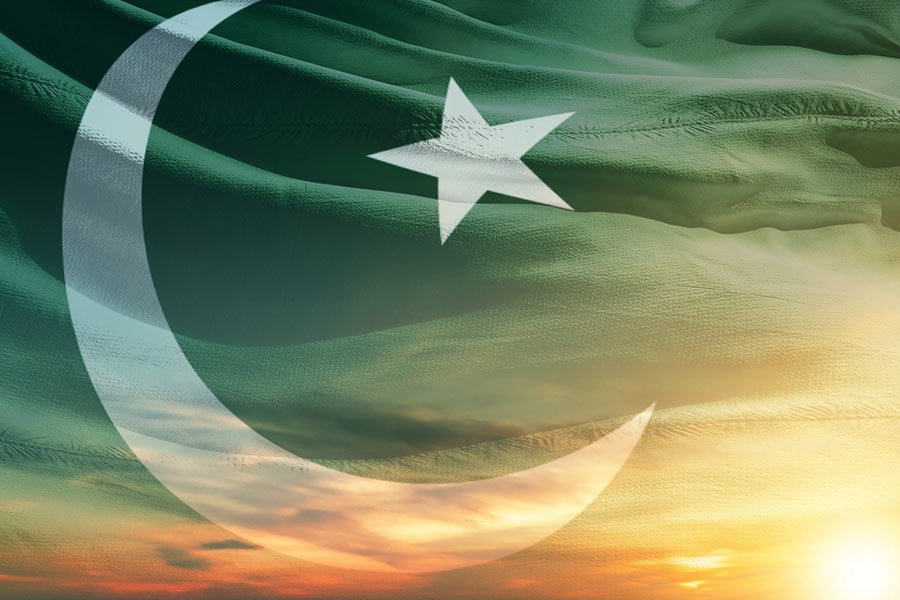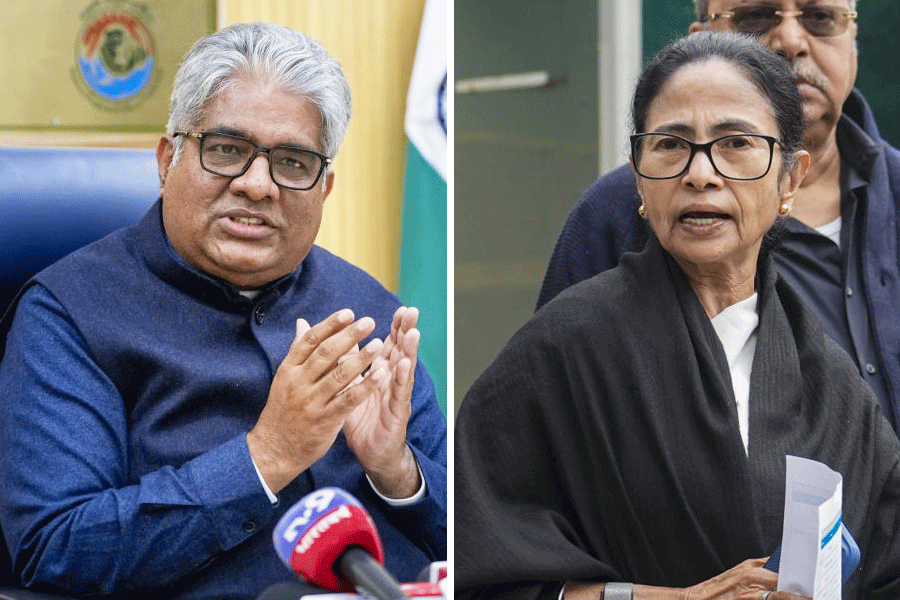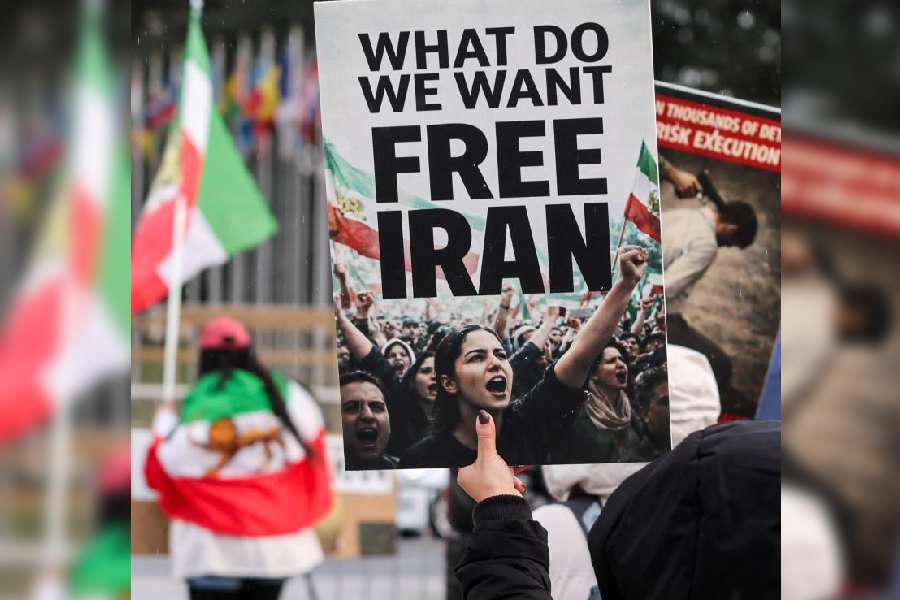Pakistan on Saturday welcomed the ruling by the Permanent Court of Arbitration in The Hague over two hydroelectric projects in Jammu and Kashmir and indicated its readiness for talks with India on issues relating to Indus Waters Treaty.
The "high priority", at this point, is that "India and Pakistan find a way back to a meaningful dialogue, including on the application of the Indus Waters Treaty (IWT)," Pakistan said in a statement released early on Saturday.
India on Friday strongly rejected the ruling saying it has never recognised the so-called framework for dispute resolution with Pakistan.
India rejects this so-called "supplemental award", the Ministry of External Affairs (MEA) said, referring to the ruling in the case related to Pakistan's objections to Kishenganga and Ratle hydropower projects.
In its ruling, the Court of Arbitration said India's decision in April to keep the Indus Waters Treaty in abeyance "does not limit" its competence over the dispute and that its ruling is binding on the parties.
However, India has never recognised the proceedings at the Permanent Court of Arbitration after Pakistan raised objections to certain design elements of the two projects under the provisions of the Indus Waters Treaty.
On the other hand, Pakistan called the ruling a "major legal win" emphasising that it is a "clear message that India cannot unilaterally suspend or sideline the treaty." The MEA called out Pakistan by saying that "this latest charade at Pakistan's behest is yet another desperate attempt by it to escape accountability for its role as the global epicentre of terrorism." "Pakistan's resort to this fabricated arbitration mechanism is consistent with its decades-long pattern of deception and manipulation of international forums," it said in a statement.
The illegal Court of Arbitration, purportedly constituted under the Indus Waters Treaty 1960, albeit in brazen violation of it, has issued what it characterizes as a 'supplemental award' on its competence concerning the Kishenganga and Ratle hydroelectric projects in the Indian Union Territory of Jammu and Kashmir," the MEA said.
"India has never recognised the existence in law of this so-called Court of Arbitration," it said.
The MEA said India's position has all along been that the constitution of this so-called arbitral body is in itself a serious breach of the Indus Waters Treaty and consequently any proceedings before this forum and any award or decision taken by it are also illegal for that reason.
A day after the April 22 Pahalgam terror attack, India took a series of punitive measures against Pakistan that included putting the Indus Waters Treaty of 1960 in "abeyance".
"Following the Pahalgam terrorist attack, India has in exercise of its rights as a sovereign nation under international law, placed the Indus Waters Treaty in abeyance, until Pakistan credibly and irrevocably abjures its support for cross-border terrorism," the MEA said.
"Until such time that the treaty is in abeyance, India is no longer bound to perform any of its obligations under the treaty," it said.
"No court of arbitration, much less this illegally constituted arbitral body which has no existence in the eye of law, has the jurisdiction to examine the legality of India's actions in exercise of its rights as a sovereign," it added.
Except for the headline, this story has not been edited by The Telegraph Online staff and has been published from a syndicated feed.










